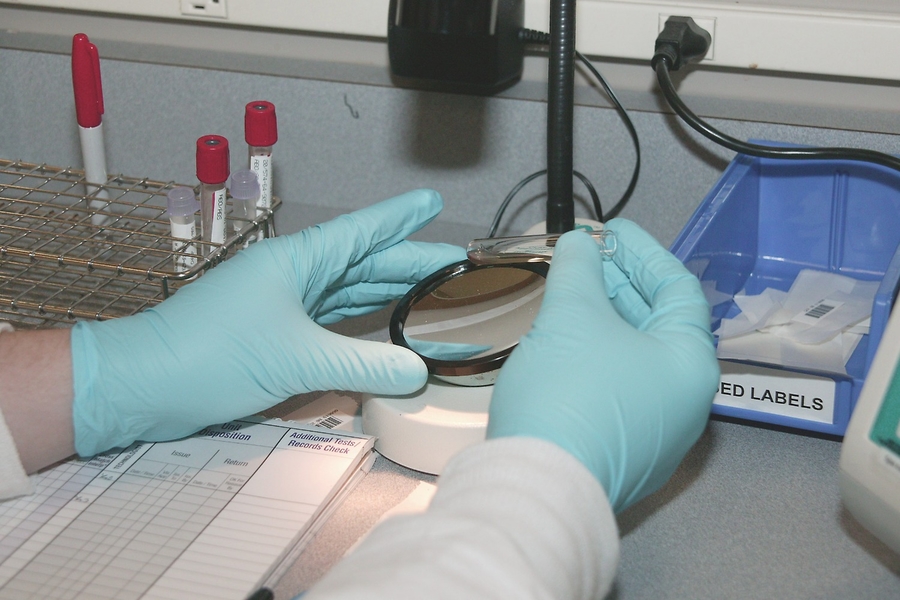
Screening Tests Recommended For Every Mom During Third Trimester Of Pregnancy
30 Mar 2018 | 3 min Read
Dr Parveen Rushnaiwala
Author | 1 Articles
Third trimester tests and their importance cannot be stress on enough.
The third and the final trimester of a pregnancy is a period of mixed feelings for the expectant mother. If you can relate to this, remember that it is important to stay relaxed and calm at this time of all other phases in life. Third trimester will see you undergo a few specific tests to ensure that the pregnancy is progressing as intended. Depending on your age, health, family medical history, and other such factors, you will be offered various tests. This article will brief you about some of the common third trimester tests, and their significance.
What to expect during the third trimester?
Since third trimester is the time when the woman’s body gets gradually ready for the mammoth task of childbirth ahead, you might experience a few symptoms, such as:
- More aches, pain, and swelling
- Anxiousness about delivery
- A lot of movement by the baby
Third trimester blood tests during pregnancy
Pregnancy blood tests in third trimester include the following:
- Checking for sexually transmitted diseases like gonorrhoea, syphilis and HIV.
- Blood sugar for gestational diabetes.
Tests during pregnancy third trimester
Apart from the blood tests, other 3rd trimester tests and procedures include:
Test group B streptococcus (GBS) infection
It is carried out between 35-37 weeks of pregnancy. Group B streptococcus can cause serious infections in new borns. The test is done by swabbing the vagina and rectum. If the test is positive, it is important that intravenous antibiotics be administered promptly. This reduces the chances of the baby getting infected.
Non-stress Test
A non-stress test (NST) can be performed any time after 26 weeks to check the baby’s response to a stimulus. It is recommended in high-risk pregnancies or when the baby’s movements are reduced. It is also done when the due date has crossed. However, an unresponsive baby isn’t necessarily in danger, though further testing might be needed to be sure about the baby’s condition.
Biophysical profile (BPP)
BPP is done any time after 26 to 28 weeks and includes an ultrasound and NST. This is used to keep a check on the baby’s movement, amount of amniotic fluid, along with the heart rate response. Responses can be felt by you or observed by health care provider on sonography. The results of this test are immediately available and can be reassuring.
Complete blood count
A complete blood count should be done in order to evaluate disorder like anemia and leukemia.
Ultrasonography
You will be offered ultrasound scans to check the foetal position and decide the due date. It also helps to decide whether the delivery would be normal or a C-section.
If you have been facing any specific symptoms during pregnancy, you might need to go for additional tests advise by your doctor apart from the usual third trimester tests.
Disclaimer: The information in the article is not intended or implied to be a substitute for professional medical advice, diagnosis or treatment. Always seek the advice of your doctor.



A


Related Topics for you
Suggestions offered by doctors on BabyChakra are of advisory nature i.e., for educational and informational purposes only. Content posted on, created for, or compiled by BabyChakra is not intended or designed to replace your doctor's independent judgment about any symptom, condition, or the appropriateness or risks of a procedure or treatment for a given person.
